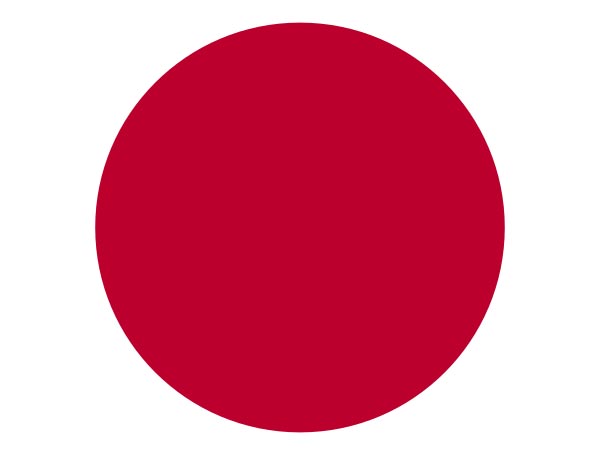
Roundup: Japan decides against early lifting of virus emergency amid strained medical system, virus variants
Feb 13, 2021
Tokyo (Japan), February 13: The Japanese government on Friday decided against an early lifting of the state of emergency over the COVID-19 pandemic in place for Tokyo and nine other prefectures this week, due to medical facilities continuing to be overburdened with patients and concerns over new variants of the virus.
The government declared a second state of emergency for the Greater Tokyo area on Jan. 7, before expanding it to Tochigi, Gifu, Aichi, Kyoto, Osaka, Hyogo and Fukuoka prefectures on Jan. 13.
The emergency period, first scheduled to end on Feb. 7, was then extended by one month for all but one of the prefectures.
Economic Revitalization Minister Yasutoshi Nishimura, who is also in charge of Japan's response to the novel coronavirus pandemic, said Friday that the emergency period would be kept in place for the time being.
His remarks came at a meeting of a panel of experts who advise the government on its coronavirus policy
While the number of new daily infections has been on a downtrend recently, the healthcare system remains overly strained and the number of deaths remains high, the experts said.
Vice President of the Tokyo Medical Association Masataka Inokuchi said Friday that the strain on the medical system has been prolonged and the high numbers of elderly people contracting the virus must be reduced.
Elderly people are more susceptible to developing serious symptoms after contracting the virus that require hospitalization and often intensive care.
Japan on Friday confirmed 1,300 new daily COVID-19 cases, bringing the country's cumulative total of infections since the outbreak of the virus to 413,931.
The death toll increased by 63 to total 6,880 people, according to official statistics released late Friday evening.
The Tokyo metropolitan government, for its part, on Friday reported 307 new daily COVID-19 cases on Friday, with the daily tally remaining below the 500-mark for the sixth straight day.
The cumulative total of infections in the city of 14 million since the outbreak of the pandemic now stands at a total of 105,765 people, the local government said.
Health officials said Friday, however, that 102 people are designated as being in a "serious condition" in the capital.
Also of major concern to the experts is variations of the virus appearing in Japan, contributing to the the government's decision, in light of the overall situation, to maintain the state of emergency for Tokyo, Osaka, and eight other prefectures.
The head of the panel of experts, Shigeru Omi, on Friday expressed his concern about the virus variants first identified in Britain and South Africa.
These variants are thought to be highly transmissible and Omi has called for swift testing in areas that might be of high risk and has urged that potential asymptomatic carriers must also be tested.
By February 10, 108 cases of people testing positive across Japan for one of the virus variants had been confirmed by the health ministry, with the majority testing positive for the variant first detected in Britain.
It was also decided Friday at the meeting of the panel of experts that anti-coronavirus guidelines reflecting recent legal revisions that allow the government to punish those thwarting anti-virus measures would be updated.
From Saturday, people and businesses breaking anti-virus rules could be legally subjected to hefty fines.
Source: Xinhua









